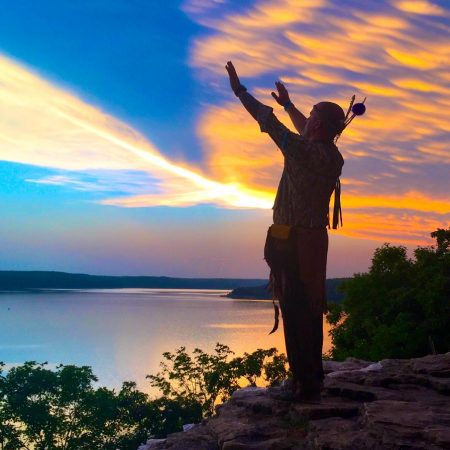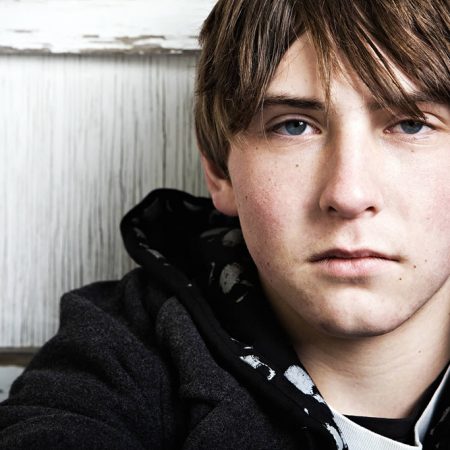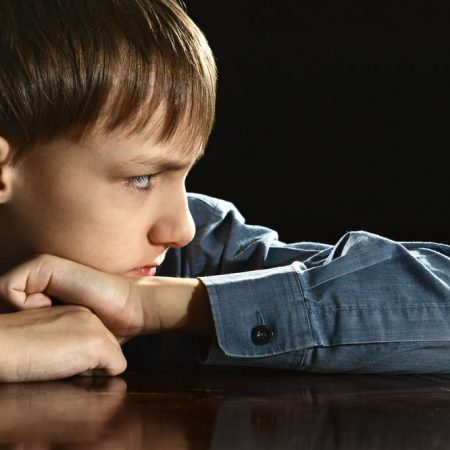
[vimeo https://vimeo.com/300838929/]
We are drowning in information while starving for wisdom.
~ E. O. Wilson (1999, p. 294)
Competing ideas about dealing with challenging children range from folk psychology to profusion of supposedly “evidence-based” interventions. Each profession operates with different assumptions and jargon. Scholars churn out mountains of musings about human behavior, little of which translates into practice. Knowledge has burst the bounds of libraries and is scattered across the internet. Just googling “children” and “resilience” produces millions of hits, a veritable Data Overload Disorder.
Harvard sociobiologist E. O. Wilson describes all fields of study as drowning in data while starving for wisdom. The solution is consilience, a term coined by 19 th century philosopher of science, William Whewell. The most powerful simple truths are discovered by tapping separate sources of knowledge. Using this higher standard for evidence, PRO Assessment draws from these areas:
Values. Philosopher Mortimer Adler (1985) noted that many values are relative based on culture or individual preference. But, absolute values are tied to universal needs. Treating young people with dignity and respect involves enlisting them as full participants in planning their futures. Indigenous people have reared children in what anthropologist Inge Bolin (2006) called “cultures of respect.” That becomes the standard of values for assessment and treatment (Brokenleg, 2015).
Experience. Much important “evidence” comes from practical experience instead of science. Our approach is informed by youth work pioneers who worked with society’s most vulnerable youth. Since experience produces expertise in any field, practice wisdom and clinical expertise are foundations of assessment. And, the most direct expert on any person’s life is that individual.
Social science. Many disciplines contribute to understanding behavior including psychology, sociology, and anthropology. We tap these diverse sources of knowledge to create social ecologies that meet needs for growth and development. For example, we learn about Belonging from attachment theory, sociology of groups, and cultural anthropology.
Natural science. Knowledge about the brain and biosystem help explain both resilient and maladaptive behavior. A wealth of research points to biosocial needs for Attachment, Achievement, Autonomy, and Altruism as foundations of healthy development. New studies of neuroplasticity and epigenetics inform approaches to education, treatment, and youth development (Brendtro & Mitchell, 2015).
Course Curriculum
-
Consilience: The Standard for Evidence
-
Resilience: The Adaptive Brain
-
Assessment: Strengths and Needs
-
Connecting: Bonds of Trust
-
Coping: Conquering Challenge
-
Thriving: Lives with Purpose
-
Transforming: Three Assessments



